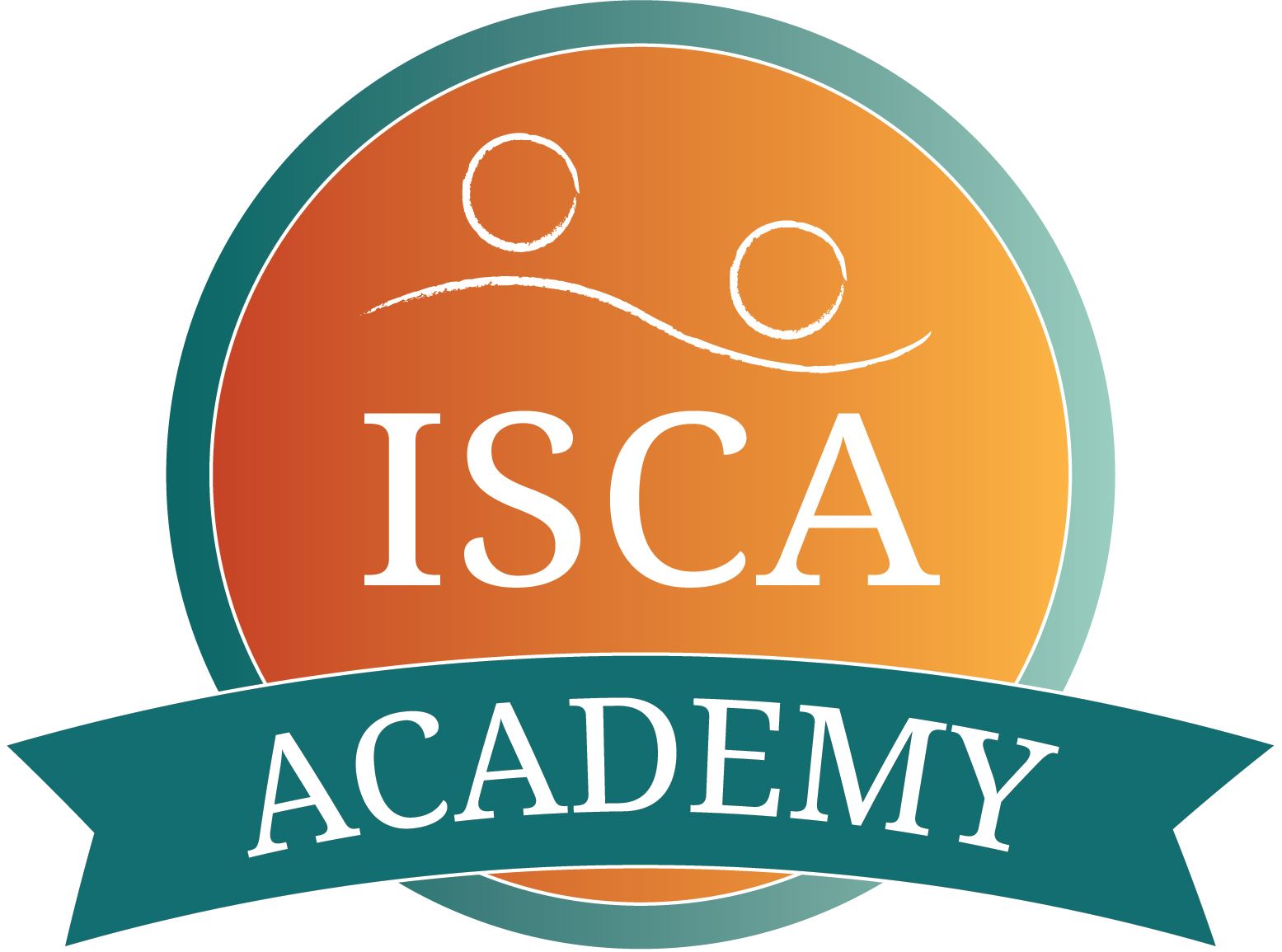- Home
- Culturally Competent Counseling: Building Skills and Awareness
Course Title | Culturally Competent Counseling: Building Skills and Awareness |
Course Number | ISCA 405 |
Course Overview | Counselors who possess a deep sense of self-awareness, engage in continual learning, and are accepting of change have the capacity to be more culturally aware and responsive to the needs of their students and community members. In this course, you will learn about the elements of being a culturally competent counselor, engage in reflective work to compassionately identify and address counseling interfering behaviors, unpack your own cultural lineage to gain a more precise understanding of your own cultural identity formulation, practice the foundational skills needed to provide culturally competent care to your community members, and collaborate with other international counseling professionals. This course offers you requisite knowledge to initiate, sustain, and expand upon your personal and pedagogical knowledge as an international counseling professional. |
This course will support you in providing strategies for your students to be able to: SE:A1:3 Develop self-awareness and self-management skills essential for mental health SE:A1:6 Develop healthy ways to identify, express, and respond to one’s emotions SE:A1:7 Identify personal and social identities SE:A2:2 Develop empathy, respect, compassion, and acceptance of differences which are essential components of healthy relationships SE:B1:4 Accept responsibility for own decisions and modify behavior accordingly GP:A1:2 Differentiate between surface culture and deep culture GP:A1:3 Explore how cultural traditions impact one’s identity GP:A1:5 Examine the ways in which cultural values and beliefs may conflict GP:A1:7 Examine the impact that cultural values may have on the privilege or marginalization of groups GP:A1:8 Examine prejudices and biases GP:A1:9 Engage in local cultures and languages where one lives GP:A2:2 Identify shared values between self and others GP:A2:6 Accept feedback as a means to personal growth with regards to understanding other perspectives GP:B1:3 Analyze the complexity of a person’s identity in relation to the concept of intersectionality GP:B2:6 Compare and contrast one’s own cultural identity to the cultural identity of others GP:B2:7 Use awareness of self to effectively navigate settings with diverse individuals and groups GP:D1:3 Demonstrate awareness of cultural adjustment |
This course is aligned to the following school counselor standards and competencies: A.3.a. Provide students with a culturally responsive school counseling program that promotes academic, career and social/emotional development and equitable opportunity and achievement outcomes for all students. A.9.d. Provide culturally responsive mental health resources to parents/guardians. A.15.c. Promote equity and inclusion through culturally affirming and sustaining practices honoring the diversity of families. Recognize that all parents/guardians, custodial and noncustodial, are vested with certain rights and responsibilities for their children’s welfare by virtue of their role and according to law. B.3.k. Honor the diversity and identities of students and seek training/supervision when prejudice or biases interfere with providing comprehensive school counseling services to all pre-K– 12 students. School counselors will not refuse services to students based solely on personally held beliefs/values rooted in one’s religion, culture, or ethnicity. School counselors work toward a school climate that embraces diverse identities and promotes equitable outcomes in academic, career and social/emotional development for all students.
|
Intended Audience | Professional School Counselors Aspiring School Counselors Educational Psychologists Licensed Mental Health Clinicians, etc. |
Essential Questions |
|
Knowledge | Skills |
Participants will have knowledge about: | Participants will be able to: |
|
|
About the Facilitator |
She has worked in various settings from community mental health facilities, group homes, middle schools in the US, international schools in Beijing, and private practice. Supporting culturally diverse communities in these setting helped her to deepen her understanding of and appreciation for culturally responsive counseling and programming. Kindall specializes in working with adolescents and their families, and she currently resides Beijing, China and works as the lead social-emotional counselor at a top international school while also operating her private therapy and consulting practice, globally. Not only does Kindall understand the importance of individuals being seen and supported, but she also recognizes that students possess the necessary tools to effect positive change in their lives. Through her work, she aims to help facilitate the process of illumination, self-discovery, and goal setting with empathy and collaboration. Furthermore, she is passionate about reducing the stigma surrounding mental health and helping others live their lives with power and purpose. |
Dates and times of offerings | September 19 and 26, 2024 - 12:00PM UTC |
Contact hours | 6 hours |
Time commitment between sessions | 5 hours |
Required Resource(s) | Computer Cultural Formulation Interview Cultural Genogram template Journal Chapter 1: Setting the Stage for Competency (Multicultural Counseling Workbook, pgs. 3-40) ASCA Code of Ethics ISCA Student Standards ADDRESSING framework |
References |
|


.png)
 Kindall Tyson is a Licensed Professional Counselor Supervisor, Professional School Counselor, and National Certified Counselor impassioned by supporting students to lead more authentic and fulfilling lives and mature into the person they desire to be.
Kindall Tyson is a Licensed Professional Counselor Supervisor, Professional School Counselor, and National Certified Counselor impassioned by supporting students to lead more authentic and fulfilling lives and mature into the person they desire to be. 